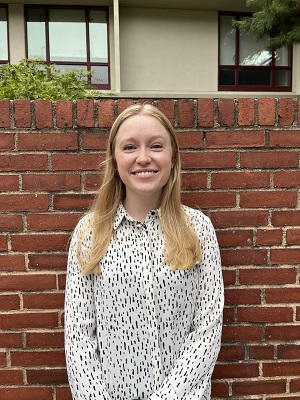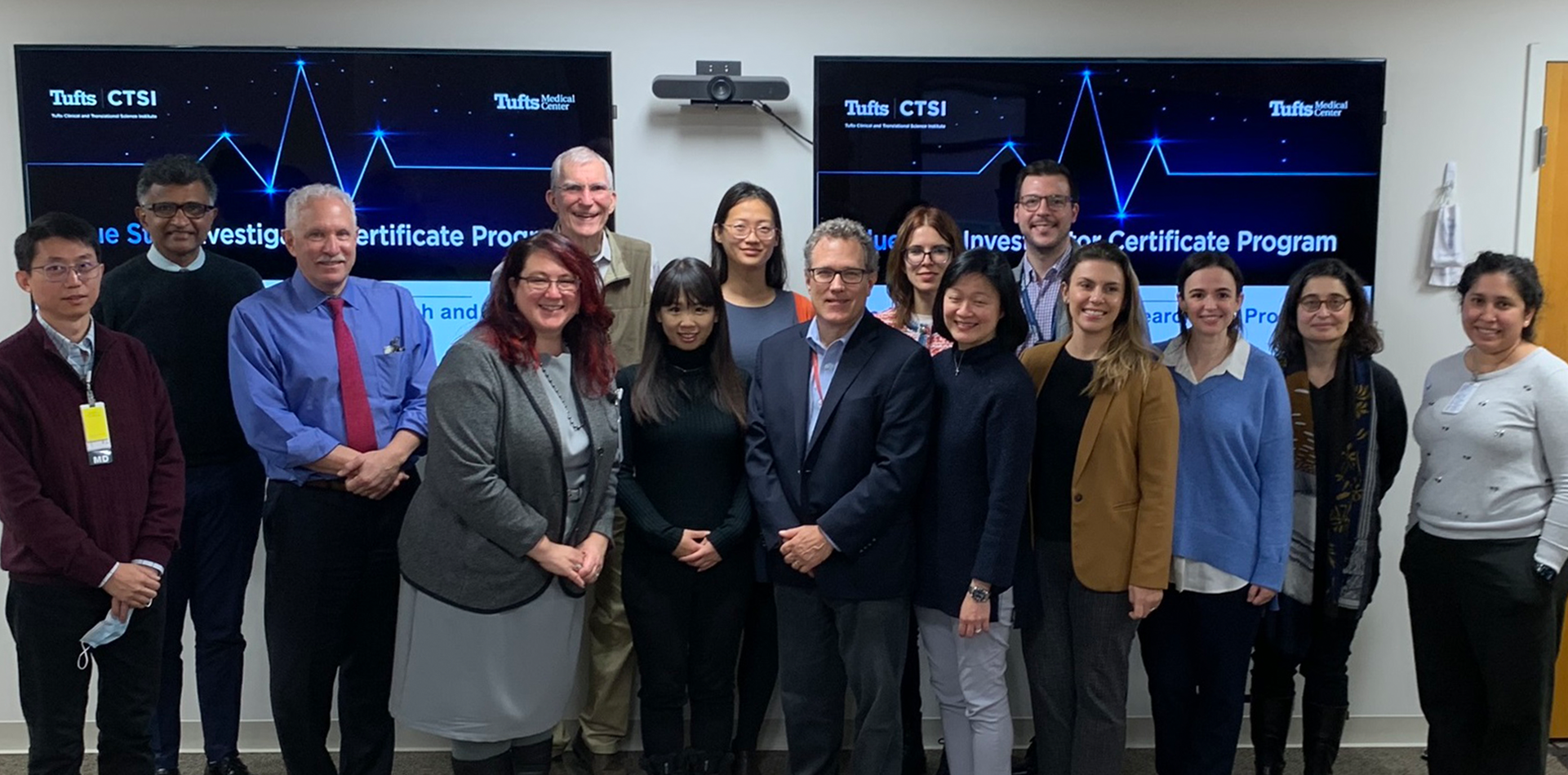More than 90 community leaders, researchers, clinicians, students, and neighborhood residents gathered in Boston’s Chinatown neighborhood on December 6 to talk about working together to improve Asian health. The 3rd Annual Asian Health Symposium: From Collecting Data to Collective Impact was presented by Tufts CTSI and local community organizations. All are members of Addressing Disparities in Asian Populations through Translational Research (ADAPT).
The goal of the event, held at Tufts University School of Medicine, was to foster dialogues and collaborations across sectors to promote and improve Asian health with discussions about disaggregated and local data collection and Asian health priorities.
“In these uncertain times, it takes courage for us to do what we think is right,” said Carolyn Rubin, EdD, MA, Director of ADAPT. “It will take courage for us to continue down this path, but a lot of us feel strongly that [Collective Impact] is the direction we need to go.”
The day began with opening remarks by Michael Wagner, MD, President and CEO of Tufts Medical Center and Floating Hospital for Children. Dr. Wagner spoke about the role of providers in making sure health care is equally distributed to everyone in the Commonwealth. “It’s important for our public policy approach and our health care delivery system to look at populations with the nuance required to meet very specific needs,” he said.
Giles Li, Director of Boston Chinatown Neighborhood Center, welcomed attendees by talking about the strength of the ADAPT partnership. “We have a trust between community partners and ADAPT that will keep moving the ball forward,” he said. “Today is just one step in the process: with every step we take, we get more productive, and we have greater impact.”
The morning session included a plenary panel on why collecting disaggregated data matters, and presentations to define the Collective Impact approach and explore successful use cases. In the afternoon, participants convened small group discussions to discuss Asian health priorities.
Symposium organizers and participants were energized to continue their work. A report and next steps are expected by early 2017.



